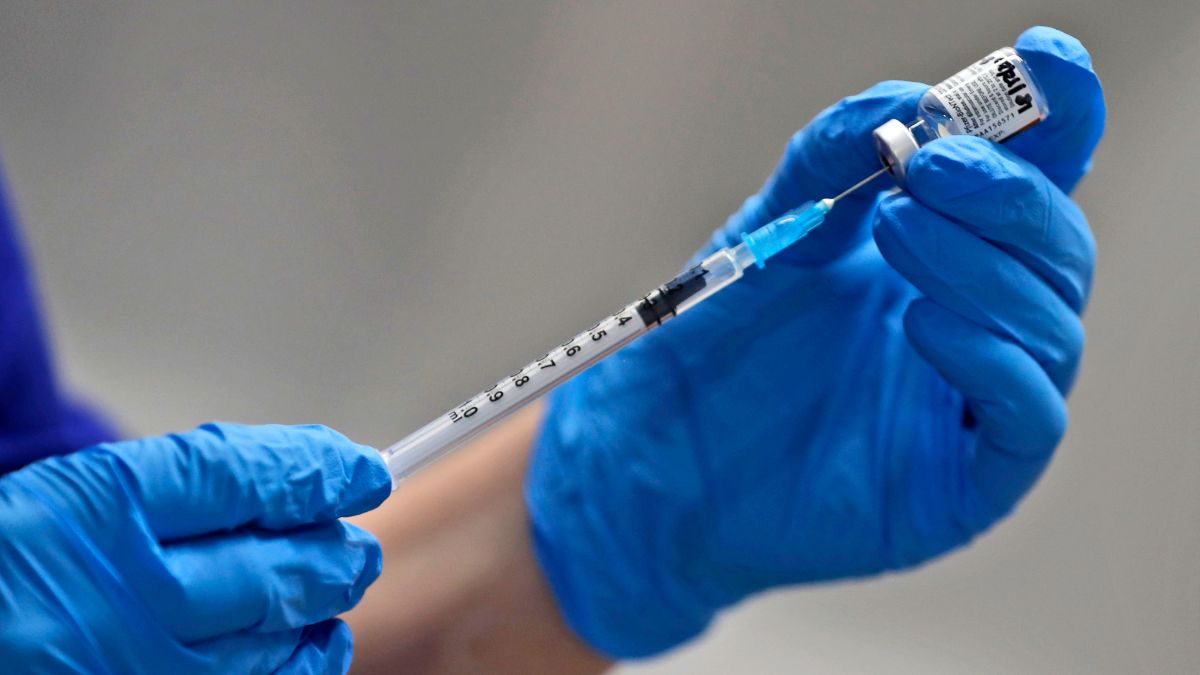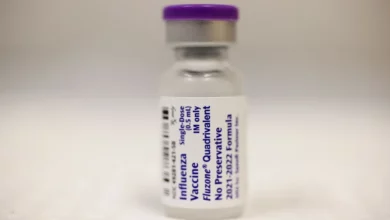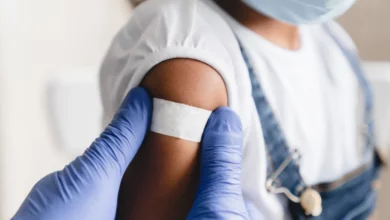
The United States Covid-19 vaccination program is gaining steam. As of Tuesday, more than 40 million people have received the first dose, representing about 13% of the country. At the same time, national rates of new infection have decreased, presenting a real opportunity to control the pandemic.
With this progress, though, has come no small amount of consternation. A new set of daunting questions has arisen, the product of an increasing number of vaccines and vaccinees. Reasonably enough, people now want to know the specific dos and don’ts of daily living for the vaccinated and the unvaccinated.
The nub is this: are we re-approaching the glory days of before this pandemic began or is the lockdown drag-out pod-life still necessary? And within this broad question are a million smaller questions: if you are two vaccines in, is double-masking still necessary? What about the 20-second hand wash? And all those pocket-friendly bottles of hand sanitizer — can I toss them already?
Despite being top of mind for so many, there is still no real guide for how to proceed most safely. The Centers for Disease Control and Prevention (CDC) has addressed this a little, though their guidance has risen only to the level of a Frequently Asked Question response not their more common multi-page, multi-referenced tome. Other than side-stepping the need to quarantine after exposure, the message to vaccinees basically is this: act like you have not been vaccinated at all.
True, Dr. Anthony Fauci, the chief medical adviser to the President, has indicated that revised guidelines, which he believes “will be coming soon,” may “relax the stringency … when people have been vaccinated,” but, presumably, these guidelines will not mandate specific behavior in every day-to-day decision.
Continued caution makes sense. Health experts are hamstrung by a complete lack of evidence-based information and are all too aware of the dangers created if they wing it and try to reconcile public clamoring to lighten it up against basic public health rules of the road. And attempts over the last six months to loosen things up in various states — for example, eating restaurant restrictions or starting up college campus life — have not gone well.
So as a public service, I would like to give my view, as a vaccinated American, on life with (putative) immunity.
Let me start by saying this: it is weird. I have about a month under my belt since the second vaccine and still experience a dizzying mix of guilt and delight. Note to fellow vaccinees about this topic: dealing with this juggling act interests absolutely no one who has not been vaccinated (but everyone who has).
Here, then, is what daily life now feels like. Stated simply, every moment brings a small crisis, a gnawing personal decision arising from the exact same place: is it OK to sneak outside my old Covid-field boundaries? Can I — gasp — cut a few (small, very small) corners and pretend however briefly that life once again resembles the workaday dullness of 2019, that shining year on the hill?
Take, as an example, the experience of getting onto an elevator. At the start of the pandemic, this seemed a high-risk, Apollo 11 sort of dangerous blast-off moment. Now, however, it has become a test of will. Can I remove my mask … while still in the elevator? No one will see me! What would happen if I did? And what about touching the elevator button not with my elbow but with a bare fingertip?
Or what is the best plan for going to a grocery store? Extra masks? A scarf? Should I pay cash (requires receiving coins back) or credit card (Who knows where that machine has been?). Does my newly jazzed up immune system allow me to live a little? Do I dare eat a peach?
For me, the answer is clear. Not yet. The best advice, alas, is what the CDC is pushing: continue to hunker down and keep on doing what you’re doing.
We shouldn’t expect much relief from the uncertainty any time soon — uncertainty, after all, has characterized the Covid-19 pandemic every day for the last 12 months. Early on, no one knew who was infected since few cities had a diagnostic test; no one knew how transmissible the virus was or how it spread; no one knew why it caused such sudden and severe worsening; no one knew how to treat the infection.
These particular uncertainties were settled — more or less — but they quickly were followed by a new wave of uncertainty: how long does natural immunity last? How long does vaccine-induced immunity last? Will the current vaccines be effective against the ever-evolving tangle of new viral variants?
And add to this the latest: when can we all return to business as usual? Viewed in a certain context, this graduation from one uncertainty to the next is a type of progress. We started with the most rudimentary — what is happening? — and now are debating sophisticated concerns about the underpinnings of durable viral immunity and whether spike proteins are the future of vaccinology.
But the basic problem remains the same: no one knows what’s ahead. Though unsettling, this is what happens when a completely new virus with completely new and unexpected epidemiology and an unexpected clinical spectrum is unleashed upon a non-immune global village.
Yes, scientists and public health experts have tried their best to predict the days and weeks and months ahead, but these predictions have been wrong — sometimes extremely wrong — many times. It simply is not their fault. Predicting the unpredictable is a fool’s game.
Perhaps now is the moment, with the pandemic actually moving in a promising direction in the US, for us to accept that the best advice, the most well-considered guidelines from the smartest people, are only educated guesses. No matter what plays out going forward, it will be a surprise — meaning that once again, we are on our own, unwitting and unwilling volunteers in a giant real-life experiment with minute-to-minute coverage but no final episode yet. For that, we may have to wait a good while longer.
Image: coronavirus vaccine by CNN



